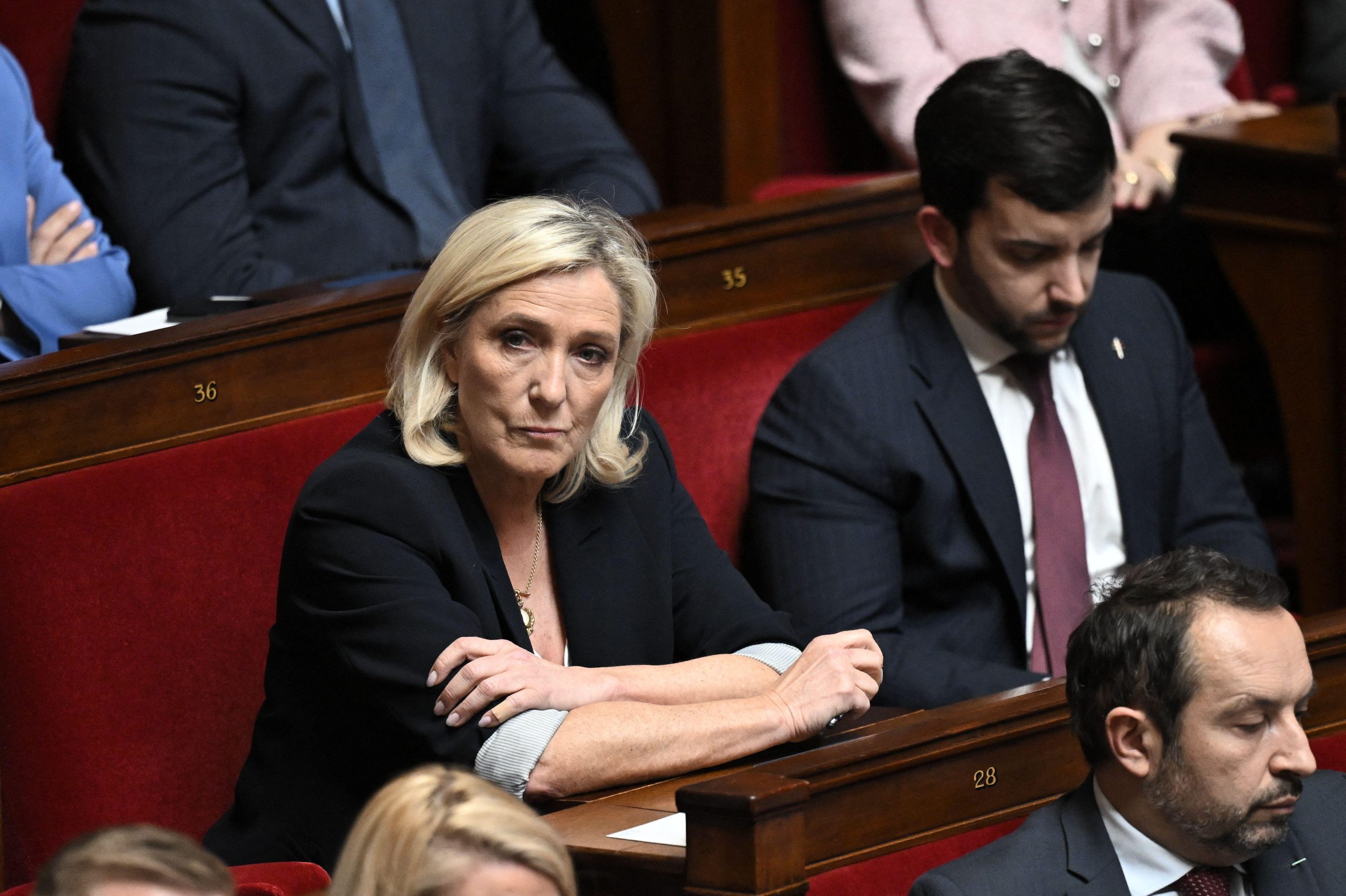Two more foreign banks halt cooperation with Belarus after German Chancellor Angela Merkel tells Index on Censorship and Free Belarus Now that she would intervene to stop Deutsche Bank from selling government bonds to Europe’s last dictatorship. 
Index on Censorship and Free Belarus Now welcome the decision of banks BNP Paribas and Deutsche Bank to stop selling the government bonds of Belarus, a country known as Europe’s last dictatorship. Deutsche Bank’s decision came after the launch of our international petition signed by the families of the political prisoners and NGOs as well as a series of protests. The campaign’s success is testimony to the success of the organisations in encouraging the high-level involvement of European politicians such as British Deputy Prime Minister Nick Clegg in condemning Belarus’s human rights violations.
Irina Bogdanova, sister of jailed Belarusian presidential candidate Andrei Sannikov raised Deutsche Bank’s involvement in two bonds sales directly with German Chancellor Angela Merkel. Merkel told Bogdanova that she would call Deutsche Bank and raise the issue with them directly. Bogdanova said:
“It’s outrageous that a bank used by German families has sold the government bonds of the dictatorship that has imprisoned my brother for no other crime than standing in an election. Chancellor Merkel promised me she would speak to Deutsche Bank. I’m delighted that Deutsche Bank will no longer work for Europe’s last dictatorship after our campaign.”
Deutsche Bank were involved in a syndicate alongside British bank Royal Bank of Scotland, Russian bank Sberbank and French bank BNP Paribas that sold $1bn Belarusian government bonds at 8.75 per cent (due August 2015) in August 2010, followed by a further issue of $850m of bonds in January 2011 (due January 2016) at a higher rate of 8.95 per cent.
Experts calculated these interest rates were twice the rate that would have been levied by the IMF, but the IMF would have required structural reforms. Governments including the British government have opposed IMF involvement until the country releases political prisoners jailed after the last presidential election.
Index on Censorship and Free Belarus Now were particularly concerned that even after the oppressive post-election crackdown in which seven of the nine presidential candidates were arrested and 43 political prisoners were held, the bond sale by Deutsche Bank continued.
Mike Harris, head of advocacy at Index on Censorship, said:
“Belarus’s financial crisis is so severe last week the Central Bank was forced to auction government property including TVs and cardboard boxes. Deutsche Bank and RBS who sold Belarusian government bonds in January were propping up a dictatorship. We’re delighted they have both pulled out leaving Lukashenko with few options other than to release his political prisoners.”
He added: “Only Sberbank is left from the original consortium of four banks. We will keep campaigning until they commit to not doing business with Lukashenko.”
Index on Censorship was the first NGO to report allegations of torture in Belarus on 20 December last year. The campaign by Index on Censorship and Free Belarus Now is continuing to place pressure on Sberbank, the last remaining bank involved in the bond sale.
For more information please contact Mike Harris at Index on Censorship [email protected] or +44 207 324 2534 / +44 7974 838 468





